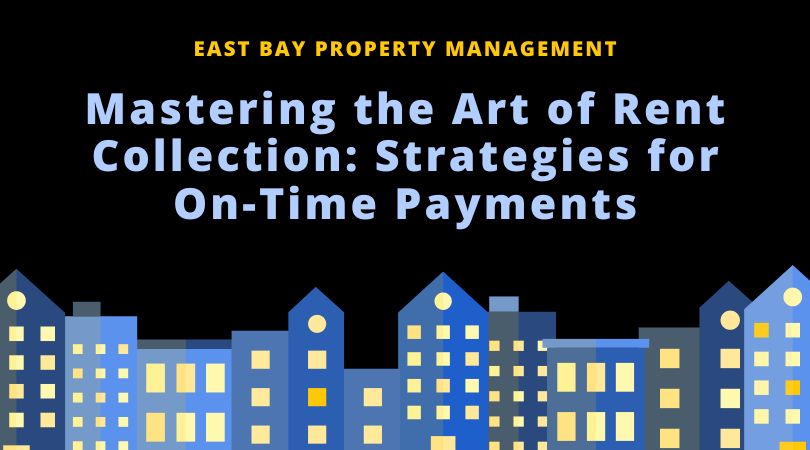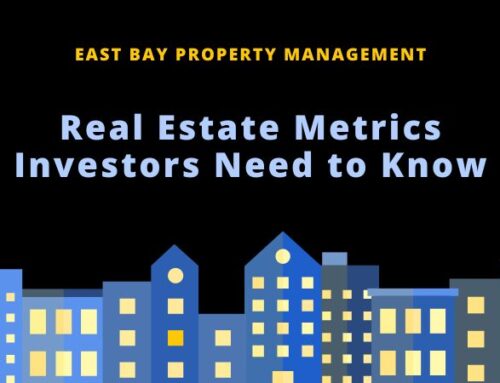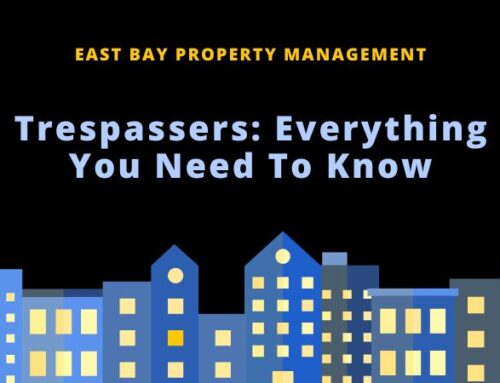Rent collection is a crucial aspect of running a rental business. Without rent, landlords might struggle to cover their operating expenses, which is why having a reliable rent collection strategy is important.
Whether it’s through providing online rent collection or enforcing fines on late payments, understanding how to prevent payment delays can increase the likelihood of receiving your payment on time every month.
Here at East Bay Property Management, we have listed some tips on how you can make rental collection easy and seamless.
Choose Your Tenants Wisely
Considering tenant applications carefully and verifying the accuracy of the information provided can help you make the best decision for your business and find great tenants for your property. Looking into a potential tenant’s rental history and financial capability will tell you if you can rely on the renter to pay their dues on time, every month.
A comprehensive tenant screening process can greatly reduce your financial risks. You can analyze interested applicants’ financial stability and capacity to pay rent on time by evaluating their credit records, verifying their income and employment information. This reduces the likelihood of leasing to renters who may miss on paying rent.
When conducting the screening process, be consistent and treat all potential tenants equally to remain compliant with housing laws. Stay up to date with California laws to ensure legal compliance.

Provide Convenient Rent Payment Options
Limiting a tenant’s payment options may make it more difficult for them to pay their dues. Requiring check or cash payments may be inconvenient for tenants and could increase the possibility of late payments.
Think ahead and consider all possible scenarios when setting up your payment options. For example, if you request that tenants deposit a check in your bank or send their payment via mail, the odds of receiving the payment on time could be reduced if a tenant gets sick.
Thanks to advanced technology, a lot of businesses accept online payments. It’s a good idea for landlords to set up online payment for their rental business so tenants may make their payments from any location with internet access. This would enable tenants to set up automated monthly payments, which can save you the hassle of having to personally collect rent every month.
Notify Your Tenants
Not all tenants will remember when their rent is due, which is why it’s recommended landlords send reminders to their tenants. You could personally write and send notices or use an application that can do so on a monthly basis.

It’s essential to give tenants clear instructions on how to pay rent each month, regardless of the method or platform you use to collect it. You must inform your tenants of the following so that their expectations are properly set:
- Rent due date
- Payment methods and options
- Instructions on how to pay the rent for your agreed platform
- Who to contact and how to reach the point of contact when payment issues arise
Discuss with Your Tenants the Possibility of Late Payments
A big part of running a successful rental business entails communicating with your tenant and attempting to resolve things together if any issues arise. If a tenant is ever late with their rent payments, make sure to ask why that is and try to figure out the best solution for both of you.
It may be simple to resolve the situation if the tenant just forgot to pay. You can easily increase the frequency of your payment reminders so they can avoid missing a payment again. However, if your tenant doesn’t have enough money to pay rent, you can propose a new payment deadline or scheme to give them some breathing room until regular payment is no longer a concern.
Talking to your tenants and making an effort to understand the issue also demonstrates that you’re a helpful landlord, and will encourage tenants to act responsibly and pay the rent on time.

Charge a Late Fee
To encourage your tenants to pay their rent on time, it is highly recommended to enforce a late fee. If you choose to impose late fees, make sure to let your tenants know how the late fees are calculated and what kind of grace period may be offered.
Be sure to follow California laws when setting your late fee and grace period. If you’re unsure about any part of the process, seek legal advice or partner with a property manager to ensure you remain compliant with the law.
Follow the Conditions of Your Lease Agreement
Write a thorough lease agreement that requires on-time rent payments and enforce your rules. While it’s important to remain understanding and be flexible when necessary, implementing clear and strong guidelines on rent payment and collection is crucial to protect your investment and generate consistent revenue.
Bottom Line
Rent collection can be a demanding and time-consuming effort for any landlord. If you ever want help managing your rental properties, you can partner with East Bay Property Management. We’re a full-service property management company that specializes in different types of rental business.
Our team of professionals are well-versed in housing laws and can easily enforce the terms of your lease, including rent collection. When working with us, you won’t need to go through the challenges of chasing rent payments. Let us screen your tenants and choose the perfect fit for your properties. Contact us today!






